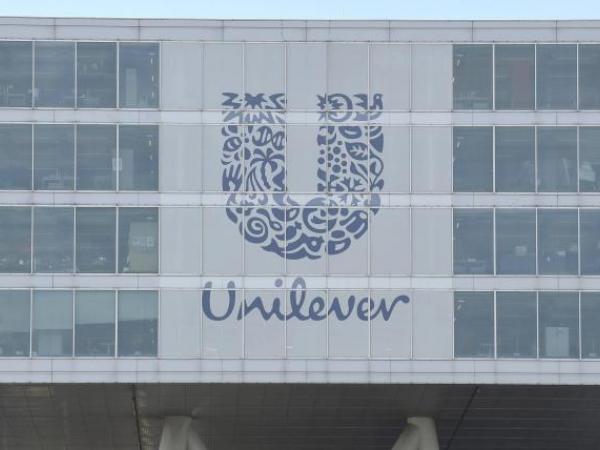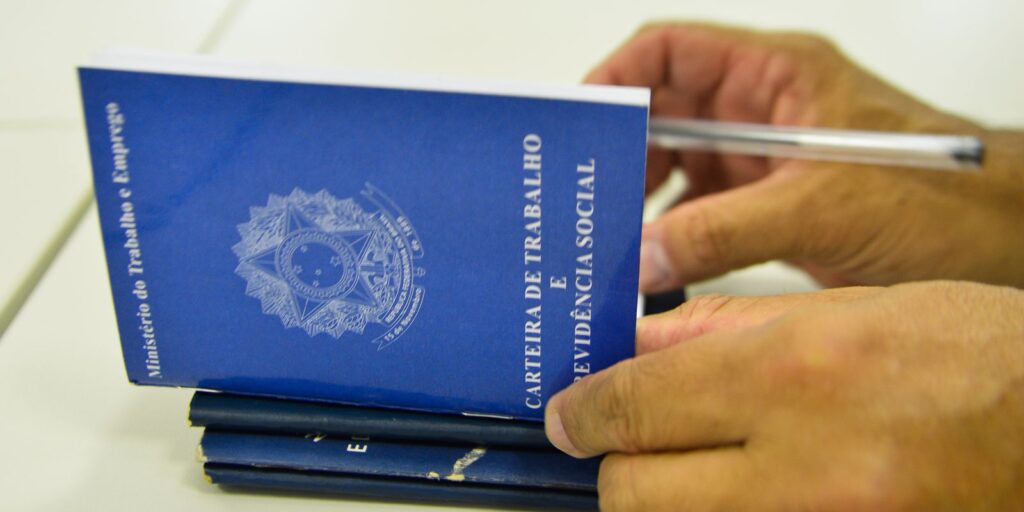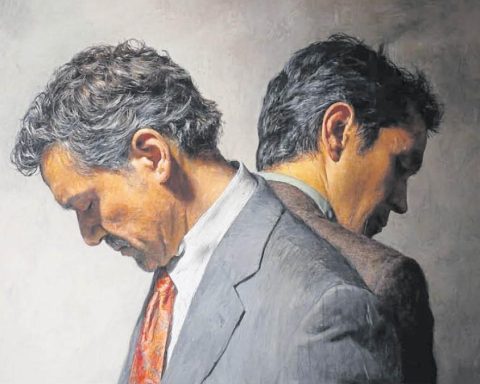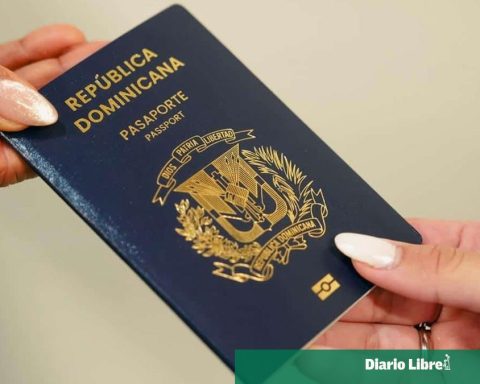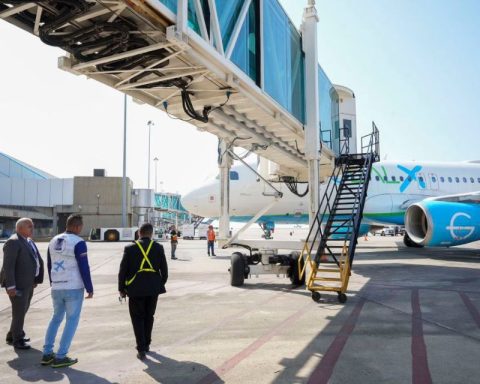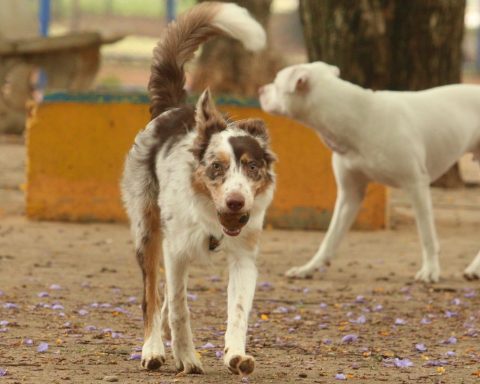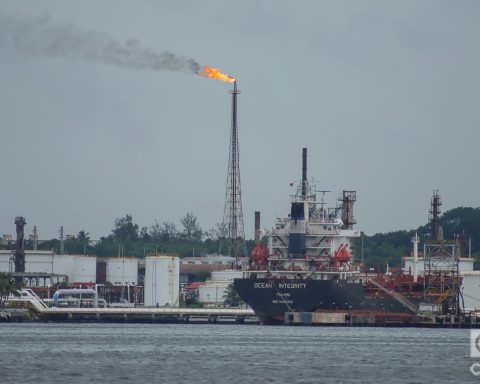
The public safety expert Jorge Arayaauthor of the book “The Carabineros de Chile crisis and the need to think of a new police institution in the country”, addressed the panorama of the police institution in the country, affirming that it has not fulfilled its work in its key functions.
In his book, Araya analyzes the last 25 years of Carabineros and analyzes “figures, statistics, in what are the basic functions of any police force in the world: prosecute and prevent crime, control public order, provide service to the community Those are the three functions that all the authors describe,” he told The Counter at La Clave.
“I analyze the Carabineros in these functions (…) to show that the Carabineros have not fulfilled their duties in those functions (…) You have serious problems, you have problems of probity, problems of excessive independence from civil authorities (. ..) has problems with the control of public order,” said the former head of the Public Security division of the Ministry of the Interior.
Competencies
“The skills that a police officer must have today in the world, is not being trained by Carabineros. Skills, for example, of controlling emotions (…) how to control public order when the one you are dealing with is not a criminal, he is a citizen who has his rights,” he said.
Along these lines, he added that “if you see the Carabineros mesh, it seems that all the issues are there, the issues of the Constitution, the issues of Human Rights, everything nominally appears, but in practice we see that they are not.”
Likewise, he referred to the matter of drug trafficking, stating that “the same PDI and Carabineros in other statements, have recognized that there are (drug points), and yet nothing happens. They continue to function there, in the same passages of the towns “.
“There you complain to the Public Ministry, and the Public Ministry says ‘what can we do if Carabineros does not give me evidence, does not give me witnesses, does not give me anything'”.
Changes to the institution
The security expert raised the possibility of changing the police force, considering that “it is not working and is not appreciated by the community.”
“I propose in the book that this should take at least 10 years (…) Nobody is talking about the fact that we are going to make the Carabineros disappear from one day to the next, but little by little, I think, gradually,” he said.
“First you have to create a brigade, which can even be a brigade within the Carabineros, or parallel, where we separate functions,” added Araya.
“For example, let’s separate the functions of the persecution of drug trafficking and organized crime. Perhaps we will create a police brigade specialized in that, giving it greater powers,” he continued.
Specifically, it proposes a civil police, dependent on the future Ministry of Public Security, and of a decentralized nature.
“In the book I differentiate the functions in which the Carabineros must coordinate with the central power, but in other competencies, and in other types of issues, they have to coordinate with the regional governor,” commented the Usach academic.
“For example, in matters of public order, in matters of less serious crimes, I believe that if the governor should have a council, a body of advisers, that is making the decisions that the police are going to implement in the respective region,” he added. .











